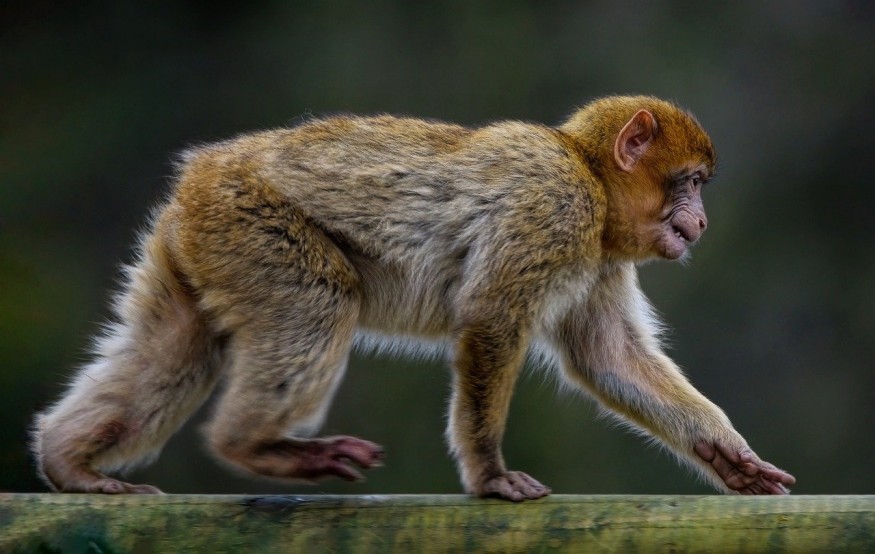
While primates can be a center of attraction for tourists, there have been recently emerging stories of monkey attacks or devil monkeys.
Monkey Attacks
Some of the most recent stories involving monkey attacks involve various species across different countries. These include Japanese macaques in Japan, the pig-tailed and long-tailed macaques in Thailand, and the Hanuman Langurs in India.
In 2022, it was reported that 42 people were injured due to monkey attacks in a Japanese city. Authorities had to utilize tranquilizer guns to maraud the primates. Last year, some devil monkeys in Thailand also reportedly pushed a driver downhill and attacked him. There was also a morbid case in India last year where a 10-year-old boy ended up dying after monkeys attacked him and ripped out his intestines.
Most of the involved primates are macaques, which are a diverse monkey group. All macaques are intelligent, sociable, quite large, and comfortable with land travel. These creatures have a flexible diet, though they generally prefer fruit. They also have pouches in their cheeks that enable them to quickly gather food and carry the food to a place where they can safely eat.
Behind Monkey Aggression
Irrespective of location or species, a huge contributing factor to monkey attacks or bites is over-habituation. Habituation refers to the process that animal researchers use to gain the trust of animals so that they can record or follow animal behavior. In such cases, the presence of researchers leads to limited impacts.
However, it is possible for animals to be unintentionally habituated. When animals stop fearing humans and end up becoming nuisances, they become over-habituated. In almost all over-habituation cases, the primary factor is human food. Wildlife may find human food irresistible. This food is easy to digest, dense in nutrients, and can be found in unattended backpacks or trash bins.
From an ecological standpoint, animals have reasons to maximize this resource of high quality. Hence, it is not surprising that animals would modify their fears and behaviors in order to adjust.
Though over-habituation linked to associating food with tourists is clearly the primary driver of the attacks, this does not mean that every person who is attacked by a monkey has fed or teased the primate. Monkeys are intelligent creatures. Several groups have become so accustomed to the food of humans that they have learned to harass tourists in order to obtain it. There are some monkeys that have become remarkably adept, to the point that they may even trade for food. This means that they may steal one's handphone and drop the device when they receive food.
Another crucial concern that contributes to monkey attacks in tourist areas is unawareness of the body language, vocalization, and facial expression of the animals. Even monkeys that are highly habituated will typically give warnings prior to their attacks. However, people who are not familiar with the behavior of these monkeys may misinterpret the facial expressions of the primates. This could result in encounters that are dangerous.
Recommended Behavior When Dealing With Monkeys
While tourists cannot be expected to interpret the typical expressions and posture of the primates, there are things that can help tourists stay safe and responsible. For one, it is important to keep a safe distance from the animals. It is recommended by the International Union for Conservation of Nature that it is recommended to stay seven meters away from the animals. People should also not stand between the animals and their safety routes or between the young and adult primates.
Tourists should also avoid having direct eye contact with the primate or displaying their teeth. The monkeys could see these gestures as aggressive. It is also recommended to not feed monkeys.
For several species, common threats are bared teeth, short lunges, direct stares with a lowly bent head, or ground slaps with hands. If a creature performs such behavior, people are advised to back away quietly.
Check out more news and information on Animals in Science Times.
© 2026 ScienceTimes.com All rights reserved. Do not reproduce without permission. The window to the world of Science Times.












